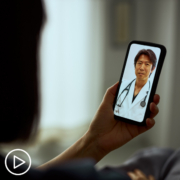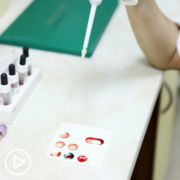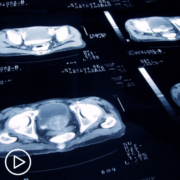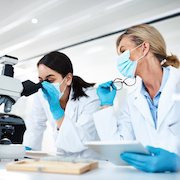What Is the Role of Next-Generation Sequencing in MPNs
What Is the Role of Next-Generation Sequencing in MPNs? from Patient Empowerment Network on Vimeo.
Myeloproliferative neoplasm (MPN) patients can take advantage of a medical advancement called next-generation sequencing. Watch to learn about next-generation sequencing, what it means for MPN patient care, and potential future developments from next-generation sequencing.
See More From the MPN TelemEDucation Resource Center
Related Resources:

|

|

|
Transcript:
Next-generation sequencing is a DNA analysis process that allows for sequencing of a portion of a patient’s genome. The process allows for processing of multiple DNA sequences in parallel. Next-generation sequencing also can identify hereditary cancer mutation carriers, cancer mutations, and other things.
Next-generation sequencing is another medical advancement that helps improve MPN patient care. By identifying cancer mutations and hereditary cancer mutation carriers, next-generation sequencing helps oncologists to further refine targeted therapies and personalized medicine – leading to optimal patient care.
As more research continues in next-generation sequencing, it’s possible that new genetic mutations will be discovered to further enhance quality of life with patient symptoms and treatment side effects.
Please remember to ask your healthcare team what may be right for you.









